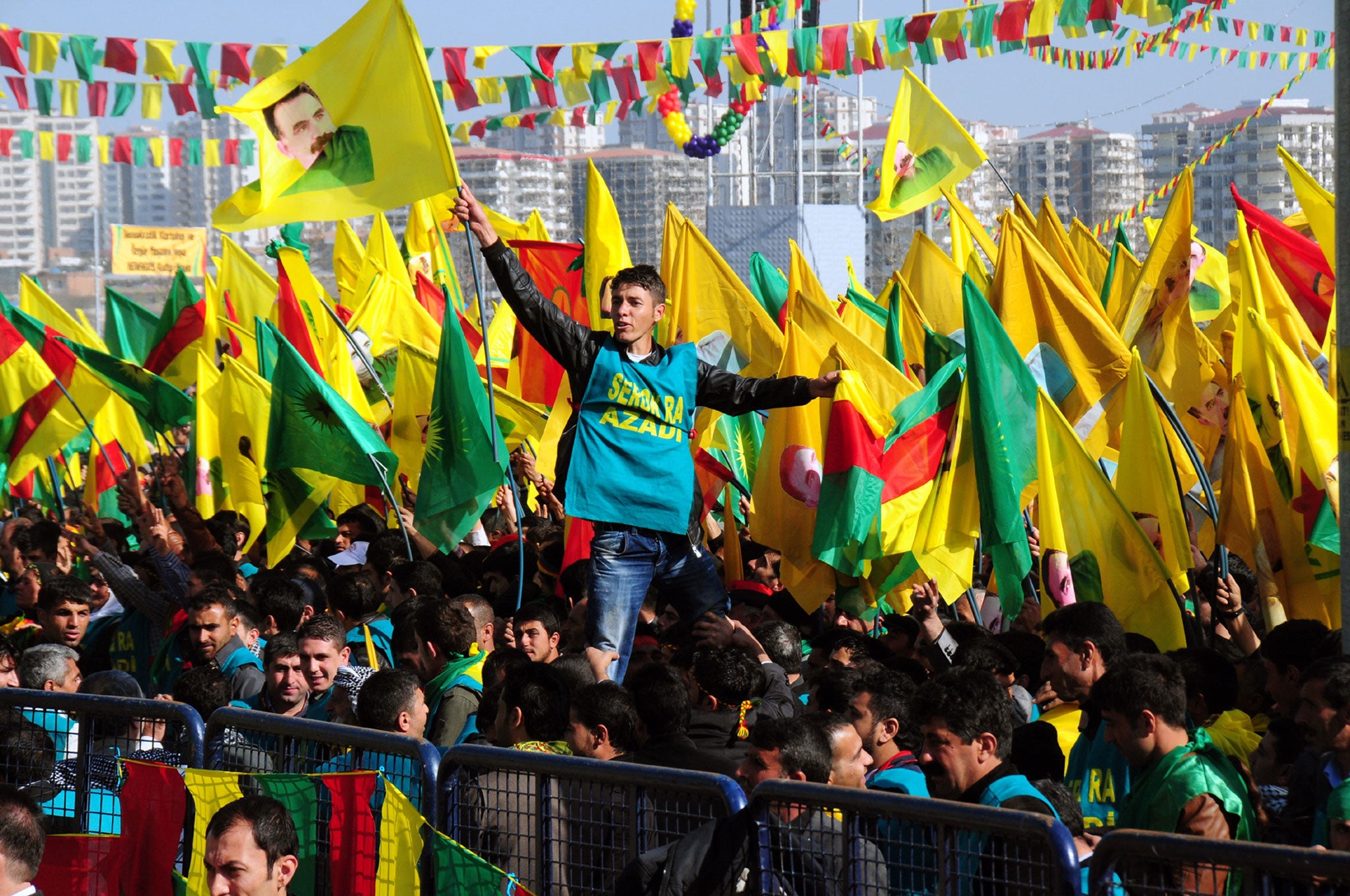Erdogan should pursue lasting truce with the PKK
The conflict between Turkey's government and its Kurdish population will only get worse if no agreement is reached. A ceasefire might last this time


Your support helps us to tell the story
From reproductive rights to climate change to Big Tech, The Independent is on the ground when the story is developing. Whether it's investigating the financials of Elon Musk's pro-Trump PAC or producing our latest documentary, 'The A Word', which shines a light on the American women fighting for reproductive rights, we know how important it is to parse out the facts from the messaging.
At such a critical moment in US history, we need reporters on the ground. Your donation allows us to keep sending journalists to speak to both sides of the story.
The Independent is trusted by Americans across the entire political spectrum. And unlike many other quality news outlets, we choose not to lock Americans out of our reporting and analysis with paywalls. We believe quality journalism should be available to everyone, paid for by those who can afford it.
Your support makes all the difference.Is PKK leader Abdullah Ocalan’s call for a withdrawal of his fighters from Turkey the beginning of a historic compromise between the Turkish Kurds and the central government?
Such ceasefires have happened before only to founder because Ankara’s concessions to the Kurds have been marginal and repression has returned after a brief hiatus.
The most hopeful aspect of the new attempt at compromise is that the regional context in which it is happening has changed. Solution to the Kurdish conflict in Turkey is essential if it wants to expand its influence in Iraq and important if it is to do the same in Syria. Turkey now has good relations with the Kurdistan Regional Government in Iraqi Kurdistan, which it once demonised for giving covert sanctuary to the PKK guerrillas in the inaccessible Qandil Mountains on the Iranian border. The Iraqi Kurds are at odds with Baghdad and want to export oil found on their territory directly to Turkey, giving them practical economic independence. A pipeline is currently being built between the KRG and Turkey.
But over the last decade Turkish Prime Minister Recep Tayyip Erdogan has never delivered the practical measures which the Turkish Kurds have been agitating for.
In the past Mr Erdogan’s ruling AKP party has made cosmetic changes but is nervous of being accused of unpatriotic behaviour by the nationalist and secular opposition. Yesterday Mr Erdogan was complaining about minor matters like the absence of Turkish flags at a giant rally in the Kurdish city of Diyarbakir. This is not a good omen for the future.
Mr Erdogan and his party periodically convinces itself that the PKK is finished militarily and there is no real need for a compromise with it or its imprisoned leader. But over the last decade the PKK has shown that it retains a solid base of support among the Turkish Kurds which means that it can never be eradicated.
If Mr Erodogan does not reach an agreement with the PKK and the Turkish Kurds then the conflict is likely to get worse rather than better. The PKK’s local franchise in Syria controls a series of Kurdish majority enclaves. Most important, Iran and the Syrian government are on bad terms with Turkey and will assist the PKK if it resumes attacks.
Join our commenting forum
Join thought-provoking conversations, follow other Independent readers and see their replies
Comments